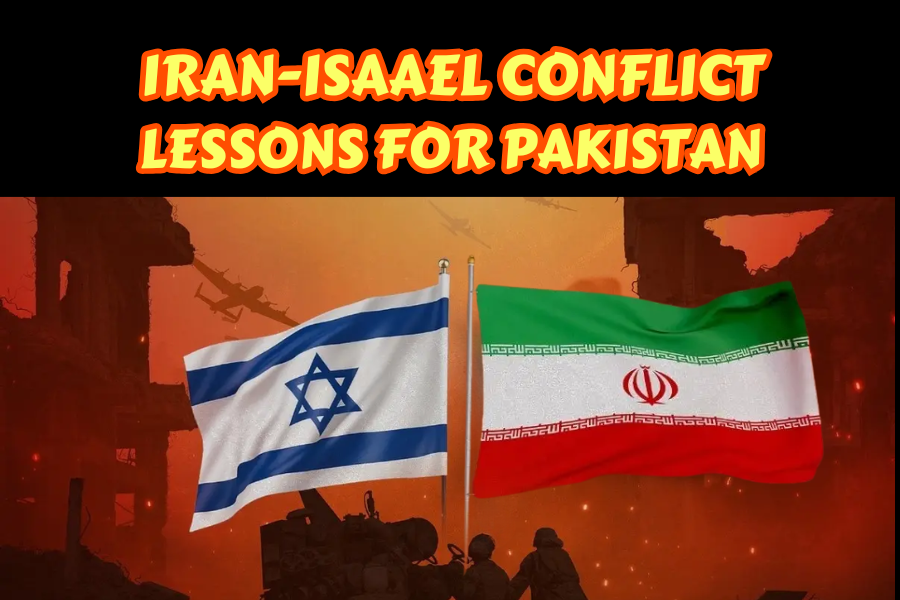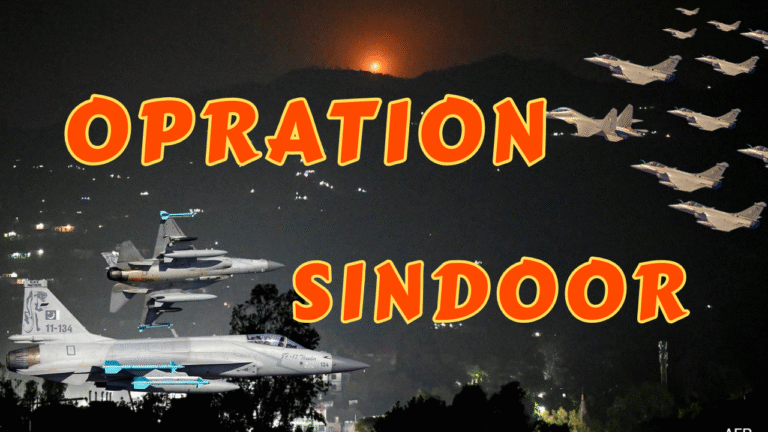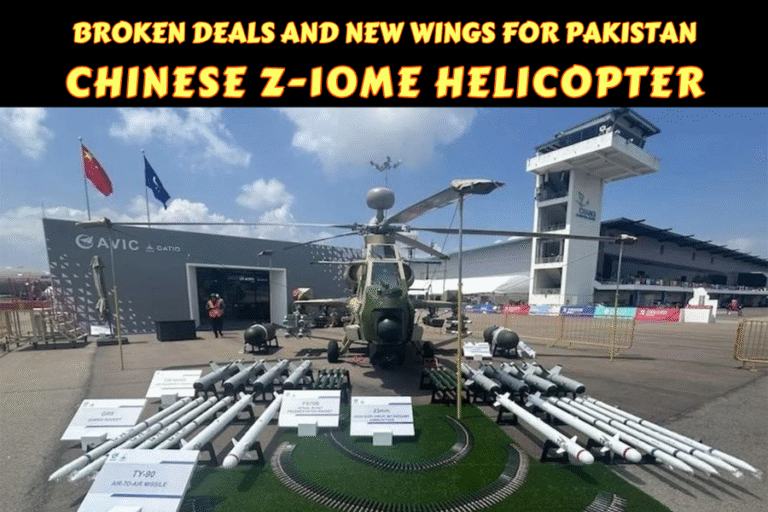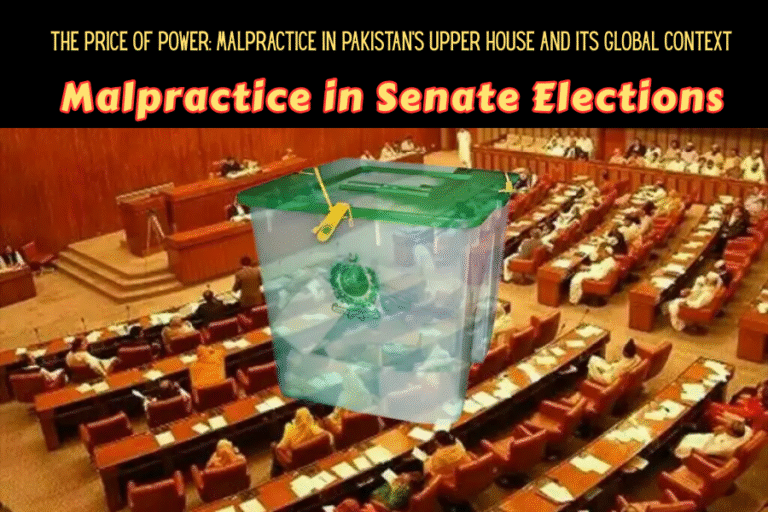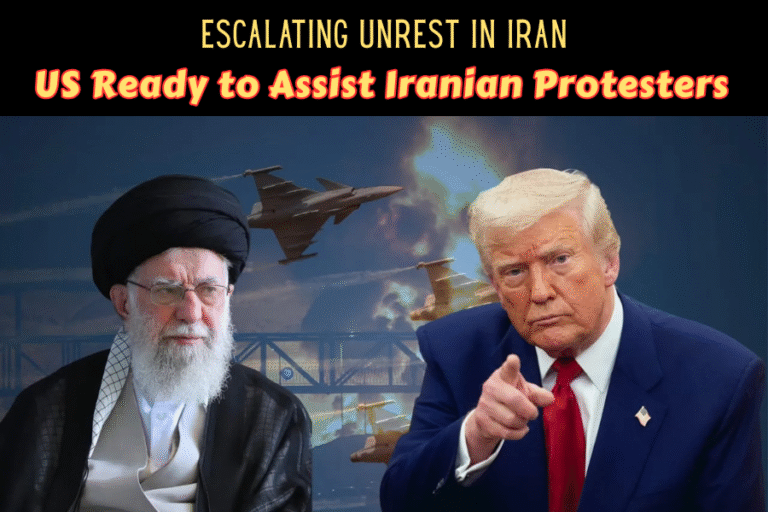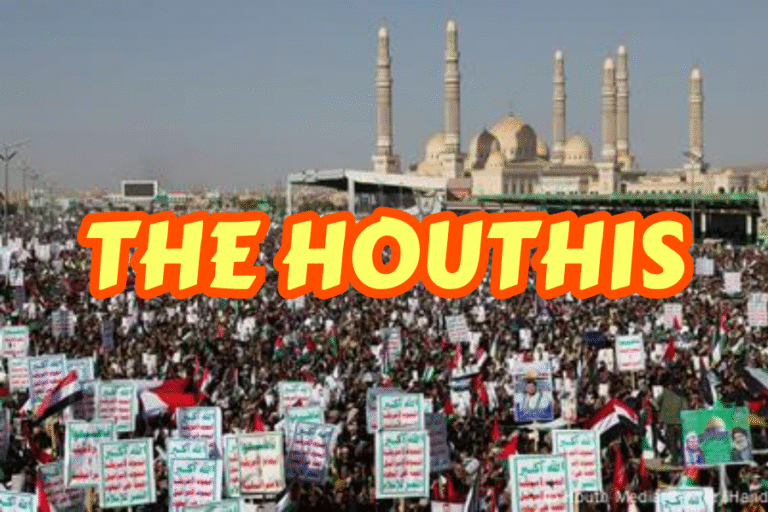(By Khalid Masood)
I. Introduction: A War That Bared Hidden Truths
The Iran–Israel war of 13–22 June 2025, ignited by Israel’s Operation Rising Lion against Iran’s nuclear sites, was a tempest of drones, missiles, and cyber sabotage that killed hundreds and cost billions. Iran’s Operation True Promise III, unleashing 400 ballistic missiles, pulverized Israeli cities, exposing the fragility of Israel’s vaunted air defences. The conflict ended with Trump’s ceasefire, brokered through direct talks with Israeli Prime Minister Benjamin Netanyahu and Qatar’s Amir Sheikh Tamim bin Hamad Al Thani, who persuaded Iran’s President Masoud Pezeshkian to stand down. Yet, the war’s true legacy lies in its diplomatic fallout: India’s espionage in Iran, aligned with Mossad, betrayed a historically, eroding trust across the Islamic world.
For Pakistan, this conflict is a clarion call. India’s duplicity—spying on Iran while feigning neutrality—mirrors its hostility toward Islamabad, from Kashmir to Balochistan. As Iran condemns India’s “treachery,” Pakistan must seize this moment to strengthen alliances, bolster defences, and expose New Delhi’s regional ambitions. The war is over, but its lessons endure, urging Pakistan to navigate a shifting Middle East with clarity and resolve.
II. The Conflict and Ceasefire: A Clash of Resolve and Revelation
The nine-day war began on 13 June when Israel launched preemptive strikes on Iran’s nuclear facilities at Natanz, Fordow, and Arak, killing IRGC Chief Hossein Salami and five scientists. Israel’s arsenal—20–30 x F-35 jets, drones, and Mossad sabotage—targeted missile bases and air defences, costing Iran $10 billion. Iran retaliated with Operation True Promise III, firing 400 ballistic missiles and 1,000 drones, overwhelming Israel’s Iron Dome, David’s Sling, and Arrow AD systems. Strikes on Tel Aviv, Haifa, and Beersheba killed 24 and damaged $1 billion in infrastructure though Israel likely concealed higher casualties, with social media posts estimating “closer to 100 deaths.”
The US escalated on 21 June, striking Iran’s nuclear sites with B-2 bombers and Tomahawk missiles, prompting Houthi attacks on US ships. Trump’s ceasefire, finalized on 22 June via Qatar’s mediation, halted hostilities, with Iran agreeing to resume nuclear talks and Israel pausing strikes, per Al Jazeera. The ceasefire, while stabilizing, was driven by Trump’s need to secure oil markets, not justice, leaving Iran’s grievances unaddressed.
India’s role emerged as a shocking betrayal. Iranian intelligence revealed Indian agents, embedded in Chabahar’s port operations, shared data with Mossad, aiding Israel’s strikes. Iran’s Foreign Minister Abbas Araghchi, in a 23 June statement, condemned India’s “disloyalty,” recalling Tehran’s 1994 support at the UNCHR, where Iran blocked an OIC resolution condemning India’s Kashmir policies. This exposure, detailed in Tehran Times, has fractured Indo–Iranian ties, offering Pakistan a diplomatic opening.
III. India’s Diplomatic Perfidy: A Betrayal of Trust
India’s covert alignment with Israel against Iran marks a nadir in its foreign policy, exposing a hypocrisy that undermines its regional standing. Historically, Iran supported India, notably in 1994 when it prevented an OIC consensus at the UN Commission on Human Rights, shielding India from censure over Kashmir. Yet, India’s pivot toward Israel and the West has betrayed this goodwill.
- Alignment with Israel: Since normalizing ties in 1992, India’s defence purchases from Israel—$2 billion annually, including Spike missiles and Heron drones, per SIPRI—have deepened strategic ties. India’s silence during Israel’s 2024 embassy strike and its abstention on Iran’s IAEA resolutions in 2023 signal a pro-Western shift, per The Hindu.
- Espionage in Iran: Iran’s IRGC uncovered Indian operatives in Chabahar, allegedly sharing port logistics with Mossad, facilitating Israel’s 13 June strikes. Iran’s expulsion of Indian diplomats on 24 June, per Press TV, reflects this breach.
- SCO and OIC Betrayal: India’s refusal to back Iran at the 2024 SCO summit and its absence from OIC resolutions condemning Israel’s actions alienated Muslim nations. Pakistan’s Foreign Ministry noted India’s “duplicitous neutrality” undermines regional trust.
India’s gamble—Western alignment for short-term gains—has cost it Iran’s trust, a key energy and trade partner. As views posted on social media, “India’s double game in Iran proves it’s no friend to the Muslim world,” a sentiment resonating in whole Muslim world.
IV. Diplomatic Lessons for Pakistan: Strategic Vigilance and Moral Clarity
The recent Iran–Israel conflict—brief in duration but seismic in impact—offers Pakistan urgent diplomatic lessons in managing regional alliances, countering Indian subterfuge, and asserting its strategic identity on the global stage.
- Never Assume Neutrality—Avoid Blind Trust
Iran’s historic support for India during the 1994 UNCHR crisis—where it blocked an OIC-backed resolution condemning India’s atrocities in Kashmir—serves as a cautionary tale. Despite being a self-proclaimed champion of Muslim causes, Tehran’s alignment with New Delhi cost the Kashmiri cause dearly. Pakistan must never assume ideological alignment guarantees political loyalty. Future diplomacy must prioritise reliable partners who have demonstrated consistency in crises, such as China, Turkey, and Qatar—all of whom, according to TASS and regional diplomatic sources, expressed support for Iran during the recent hostilities. - Consolidate Strategic Partnerships, Not Transactional Ones
Pakistan should deepen its strategic cooperation with China under CPEC, not merely as an economic lifeline but as a geopolitical counterweight to Indian hegemony. Likewise, defence and intelligence collaboration with Turkey, and diplomatic alignment with Qatar—a proven mediator in Middle Eastern conflicts—must be institutionalised. These states have shown a pattern of standing by their partners, unlike India, whose duplicity has now been unmasked on the global stage. - Champion Moral Legitimacy Through Principle-Driven Diplomacy
Islamabad’s principled condemnation of the Israeli missile strike on the Iranian consulate in Damascus, and its firm opposition to nuclear escalation by the United States—as articulated in Pakistan’s 22 June statement at the United Nations—has bolstered its moral stature. Pakistan must now amplify this clarity of stance through effective diplomacy at the OIC, SCO, and UN Human Rights Council, reinforcing its role as a principled actor in an increasingly transactional world order. - Expose Indian Espionage and Strategic Duplicity
India’s covert collaboration with Mossad on Iranian soil—recently exposed by Tehran’s intelligence services—demands robust diplomatic retaliation. Pakistan should table a formal dossier at the SCO, and urge the OIC to hold India accountable for breaching the sovereignty of a Muslim-majority state. Furthermore, Pakistan can coordinate with Iran, Turkey, and China to seek a UN General Assembly resolution censuring India’s destabilising role, thereby undermining its carefully cultivated image of neutrality.
V. Geo-Strategic Imperatives: Navigating a Shifting Middle East
The Iran–Israel conflict has not only redrawn regional alliances but also unveiled India’s deepening footprint across the Gulf and its strategic encirclement of Pakistan. For Islamabad, this necessitates a recalibrated and forward-looking geo-strategic policy.
- Monitor and Counter Indian Expansion: India’s role at Chabahar, initially perceived as a commercial venture, now carries strategic undertones. Its trilateral engagement with Israel and the UAE—underscored by a $3 billion trade corridor and joint defence exercises—must be closely watched. Islamabad should enhance naval and air surveillance over Arabian Sea lanes and maritime chokepoints.
- Securing Balochistan—The Achilles Heel: The 2024 IRGC crackdown on Indian-linked Baloch insurgents exposed a dangerous nexus between Indian intelligence (RAW), Mossad, and anti-Pakistan elements operating across Iran’s porous southeastern border. Pakistan must adopt a doctrine of forward defence in Balochistan, expanding FC presence, deploying smart surveillance, and coordinating with Iran’s IRGC where interests align.
- Integrate Iran into CPEC: As suggested by Pakistan’s Senate in late 2024, merging Gwadar and Chabahar into a cooperative rather than competitive axis could neutralize Indian designs. Islamabad must offer Tehran a CPEC corridor extension as part of China’s BRI—an economic win-win and a strategic deterrent against New Delhi.
- Managing the Middle East’s New Order: With Saudi Arabia and the UAE quietly tilting towards Israel, Pakistan must pursue equidistant diplomacy—preserving economic ties with Riyadh while bolstering security coordination with Tehran. Qatar, with its consistent neutrality and quiet diplomacy, emerges as a trusted intermediary in the region.
Strategic Autonomy and regional balancing must now be the cornerstone of Pakistan’s western and Gulf-facing strategy.
VI. Military and Intelligence Lessons: Learning from Iran and Israel
The recent war showcased the future of modern conflict—where drones, cyber capabilities, and proxy networks now rival conventional warfare.
- Asymmetric Warfare Readiness: Iran’s drone and cyber warfare capabilities, including its Shahab Cyber Division, paralyzed key Israeli ports and airbases. Pakistan must expand its indigenous drone fleets (Shaheen & Burraq) and establish an offensive cyber warfare command under ISPR and SPD.
- Missile Deterrence and Retaliatory Doctrine: Iran’s saturation missile response—over 400 projectiles launched within hours—exposed the limits of even the most advanced air defence systems. Pakistan must ensure its Ghauri, Shaheen, and Ababeel missile platforms are integrated with real-time targeting, redundancy, and EMP shielding, supported by an indigenous early-warning satellite system.
- Counterintelligence Offensive: RAW’s collaboration with Mossad in Iranian territory is a wake-up call. ISI must upgrade HUMINT and SIGINT operations in regional hubs such as Dubai, Istanbul, and Baku—where Indian networks are increasingly active. Embassy-based surveillance cells must be downsized, and personnel rotations tightened.
- Smart Border Management: The vulnerabilities exposed by Mossad infiltration via Iran’s southeast can mirror threats to Pakistan’s own western border. Installation of high-resolution ground radars, ISR drones, and AI-powered facial recognition at sensitive crossing points along Taftan and Panjgur is imperative.
The battlefield is now multi-domain: Pakistan’s security doctrine must evolve to meet hybrid threats.
VII. The China Factor: A Strategic Triangle of Resistance
China’s quiet but resolute backing of Iran—and its veiled warning to India about the Brahmaputra—signals a potential alignment of interests with Islamabad.
- Beijing’s Leverage: China’s statement at the UN condemning U.S. strikes on Iran and its reported warning to New Delhi about water flow manipulation from Tibet indicate its willingness to use strategic pressure points. Pakistan must align itself more closely with China’s regional security vision, including BRI expansion and counter-terror coordination.
- Strategic Triangle: Beijing–Tehran–Islamabad: Islamabad should actively work toward forming a tripartite security and trade arrangement. Linking Gwadar to Chabahar via a transit highway and integrating it with China’s Belt and Road Initiative would create a powerful alternative to the India–UAE–Israel axis.
- Energy Security and Diversification: Joint ventures in Iranian gas fields and oil imports through Chinese-backed infrastructure could reduce Pakistan’s $1.5 billion annual oil burden and mitigate vulnerability to Gulf instability.
China’s quiet deterrence and economic clout offer Pakistan a hedge against regional realignments—if leveraged wisely.
VIII. The Way Forward: Pakistan’s Strategic Path in a Post-Conflict Middle East
The Iran–Israel war, and India’s opportunistic role therein, offer Pakistan both a warning and a roadmap:
- Strategic Non-Alignment with National Anchoring: Like Iran, Pakistan must craft a posture of principled autonomy—aligning temporarily where interests converge, but never at the cost of sovereignty or long-term alliances.
- Reset with Tehran: Quiet, respectful re-engagement with Iran is imperative. Shared threats from Indian-backed espionage networks and border terrorism should underpin renewed cooperation, as endorsed by Pakistan’s Senate on 24 June.
- Diplomatic Offensive against India: Islamabad must expose Indian espionage in Iran at the SCO, OIC, and even BRICS platforms. A joint resolution with Iran and Turkey at the UNHRC could diplomatically corner New Delhi.
- Eastern and Western Doctrines in Parallel: While defending Kashmir against India’s aggression in the east, Pakistan must also proactively secure its western flank—both physically and diplomatically—against emerging threats from Chabahar, Gulf realignments, and anti-Pakistan networks.
IX. Conclusion: A Call for Vigilance and Resolve
Though the Iran–Israel conflict has paused, its lessons reverberate. Most damning is the exposure of India’s betrayal—spying for Mossad on Iranian soil, aligning with Israel, and discarding the very nation that once saved it from global sanctions in 1994. This treachery mirrors India’s duplicity toward Pakistan, from Kashmir to Balochistan.
Iran’s response was powerful. Its 400-missile retaliation shook Israel and inspired nationwide celebrations—from Tehran to Shiraz—as people declared a moral and strategic victory. Iran stood firm, betrayed but unbroken.
Pakistan must learn: trust is fragile, betrayal is costly. Strengthen alliances with China, Turkey, and Qatar. Fortify borders with technology and intelligence. Expose India’s duplicity at the UN, OIC, and SCO without hesitation.
Let Iran’s defiance be a guide—not for imitation, but inspiration. We must walk the path of strategic vigilance and sovereign resolve. Pakistan must rise—unshaken, prepared, and unafraid.

